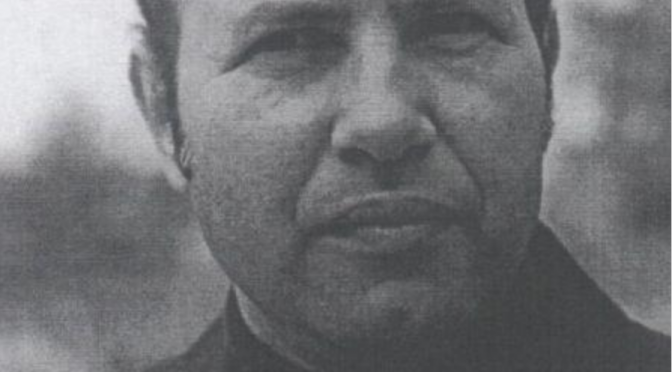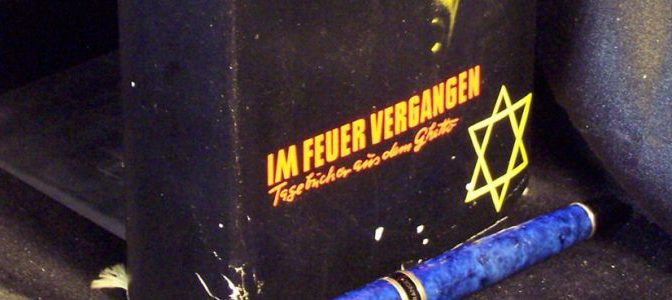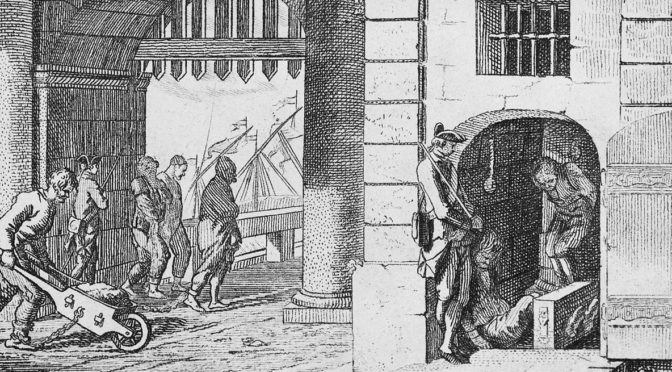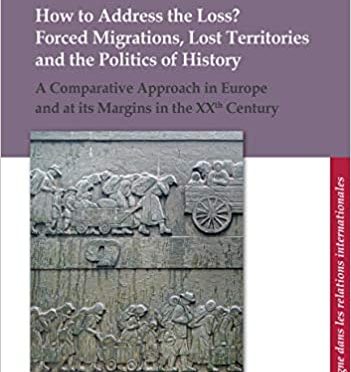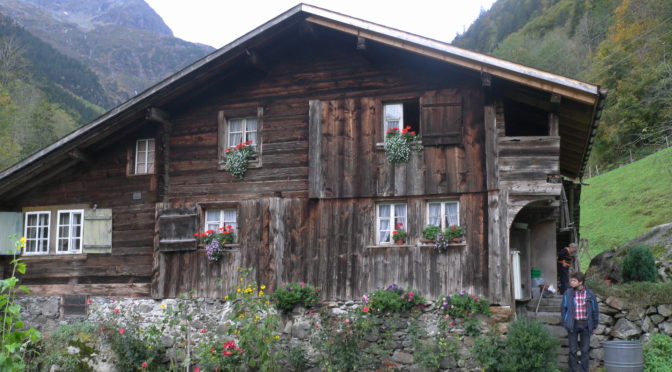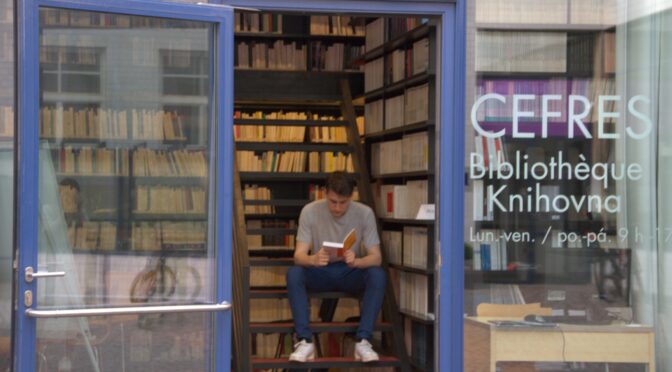Conférence prononcée par Clara Royer (CEFRES) dans le cadre du séminaire d’histoire moderne des Juifs de l’Institut d’histoire contemporaine (AV ČR) et du CEFRES en partenariat avec le Musée juif de Prague.
Où : bibliothèque du CEFRES – Na Florenci 3, 110 00 Prague 1
Quand : 17h – 19h
Langue : anglais
Résumé
Aux yeux d’Imre Kertész, “Auschwitz” fut l’“Ecce homo” de deux millénaires de culture européenne chrétienne. L’effondrement de la dite culture humaniste le conduisit à entreprendre une critique radicale de la littérature et du langage. En analysant la condition de l’homme totalitaire dans son œuvre, il s’efforça de reconquérir une personnalité libre dans son écriture. Mais comment créer une œuvre d’art dans de telles circonstances?
Cette conférence apportera quelques lumières sur la façon dont Kertész se voulut le « médium d’Auschwitz » à travers une approche historique de la genèse de son travail littéraire. Elle mettra en valeur les conditions historiques et personnelles de la naissance du premier roman publié de Kertész, Être sans destin.

